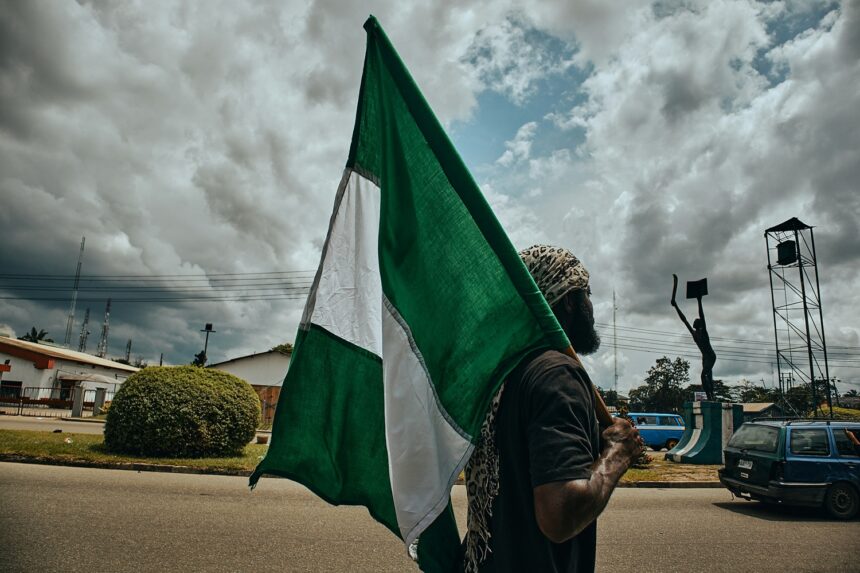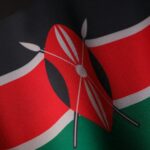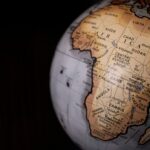While Nigeria has several political parties, the question of whether the country is on the path to becoming a one-party state has been a subject of intense debate among political experts and citizens, especially with the recent dynamics in Nigeria’s political landscape.
Since 2015, the All Progressives Congress (APC) has been consolidating its power, winning several key elections, including governorship elections, and retaining a strong majority in the National Assembly.
The victory in Edo State and Ondo State in recent elections indicates a trend of further dominance for APC.
Currently, APC controls 21 states out of the total 36 states leaving the rest of the political parties with 16 states.
While the trend is becoming glaring, the ongoing crisis within Nigerian opposition parties has equally impacted the political landscape in no small way.
Popular legal luminary and a Senior Advocate of Nigeria (SAN), Mike Ozekhome in his submission stated: “The lie that Nigeria is operating a multi-party system of politics or government, with a whopping 18 legally registered political parties (see: INEC, 2023), is daily being perforated by the actual practice of politics (realpolitik, as the Germans call it) in the country; a classic example of appearance being way different from reality.
“The body language of Nigerian politicians—and the atmosphere of its political trajectory—has always been tilted in favor of, at best, a two-party and, at worst, a one-party state set-up.”
Political analysts have noted that infighting and internal divisions within opposition parties such as the Labour Party (LP) and the Peoples Democratic Party (PDP) have significantly weakened their unity and effectiveness.
According to experts, these divisions have not only made it challenging to present a cohesive front against the ruling party but have also been compounded by allegations and counter-allegations of legal violations by opposition figures.
Also, a political commentator, Professor Jibrin Ibrahim, in an article stated that: “Democracies are sustainable only under conditions that allow competitive party systems to operate. There is a crisis in Nigeria’s democratic system and the source is our dysfunctional party system.
“For ruling parties, the crisis is deep; they stop operating as parties and become machines for ruling executives – the president and state governors – to do what they please, while abandoning manifestoes and policies.
“For opposition parties, a significant percentage of their cadres move out to join the ruling party after every election. The remaining party leaders engage in a fight to the death, often helped or even instigated by the ruling party. The post-election period is, therefore, one of party disintegration. Nigeria must get out of this malaise if we are to defend and deepen our democracy.”
Experts argue that the state of opposition parties in Nigeria reflects the health of the country’s democracy. The opposition’s role in democracy is to offer credible alternatives and enhance accountability, but the current disarray suggests a failure in this responsibility. This has led to discussions on how opposition parties can better hold the government accountable, especially in light of the economic and security challenges facing Nigeria.
It would be recalled that the PDP has faced numerous leadership crises, notably after the 2023 elections where internal divisions were stark. The rivalry between different factions, particularly those loyal to former Vice President Atiku Abubakar and other key figures, like the incumbent Minister of the Federal Capital Territory (FCT), has led to a fracturing of the party unity.
There have also been numerous legal battles over leadership positions, resulting in court orders, suspensions, and counter-suspensions of party officials.
On the other hand, after the encouraging performance in the 2023 elections, particularly with the candidacy of Peter Obi, the LP experienced a surge in popularity but also in internal conflicts.
There’s been a significant dispute over who rightfully leads the party, with the National Chairman, Julius Abure, facing opposition from within the party, leading to parallel leadership and structures.
In essence, the crises in both the PDP and LP reflect broader challenges within Nigerian politics regarding party organization, leadership, and the integrity of democratic processes. These issues are pivotal as Nigeria looks towards future elections, where a strong opposition is crucial for checks and balances in governance.





